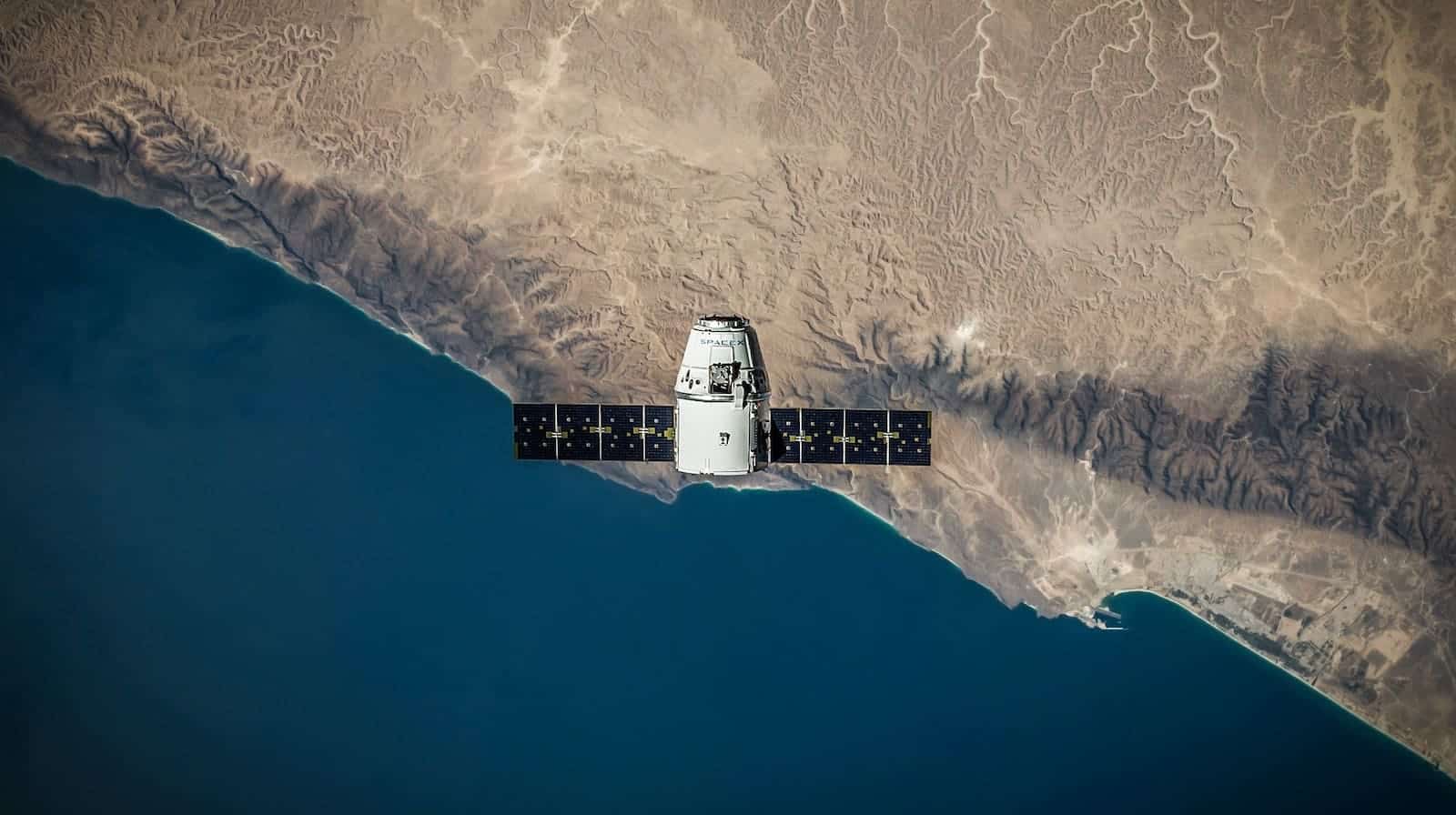In recent years, internet connectivity has evolved tremendously, enabling millions of people to access high-speed services regardless of their location. However, in many rural and remote areas, fiber optics remain inaccessible, which has fueled the growth of satellite internet services like Starlink from SpaceX. Now, a new competitor has emerged from China: SpaceSail, which is preparing to expand into Brazil and over 30 countries in the coming years.
SpaceSail: The Chinese Alternative to Starlink
So far, Starlink has dominated the satellite internet market with over 6,400 satellites in low Earth orbit (LEO) and nearly 5 million customers worldwide. Its success has been so great that in some regions, it is already listed as “Sold Out” due to high demand. Nevertheless, China has decided to enter this industry with SpaceSail, a Shanghai-based company that signed an agreement in November to operate in Brazil and plans to expand to multiple countries as part of its globalization strategy.
While SpaceSail is still in its early stages, its goals are ambitious. In 2023, China launched a record 263 LEO satellites, but it still has a long way to go to catch up with Starlink or even Amazon’s Project Kuiper. However, the company plans to launch 648 satellites in 2025 and reach 15,000 satellites by 2030.
Comparison between SpaceSail and Starlink
| Feature | SpaceSail | Starlink |
|---|---|---|
| Current number of satellites | 263 launched in 2023 | Over 6,400 |
| Satellite target for 2030 | 15,000 | 42,000 |
| Current customers | Not available | Nearly 5 million |
| Availability | Brazil, Kazakhstan, and expanding to 30 countries | Global, with some regions saturated |
| Speed and latency | Not yet specified | Between 50 and 250 Mbps with latencies of 20-40 ms |
The Future of Competition in Satellite Internet
China’s ambition with SpaceSail is clear: to become a viable alternative to Starlink and challenge SpaceX’s dominance in the sector. Despite Starlink having a significant lead in terms of infrastructure and deployment, SpaceSail is banking on aggressive expansion into emerging markets and accelerated growth of its satellite constellation.
As the decade progresses, the competition between Starlink and SpaceSail could benefit consumers, with a greater range of services and potentially more competitive prices. However, it remains to be seen whether the Chinese company can close the technological and operational gap with Elon Musk’s company.
What is certain is that the battle for satellite internet is only just beginning, and in the coming years we will witness a constant struggle between East and West to connect the world.

